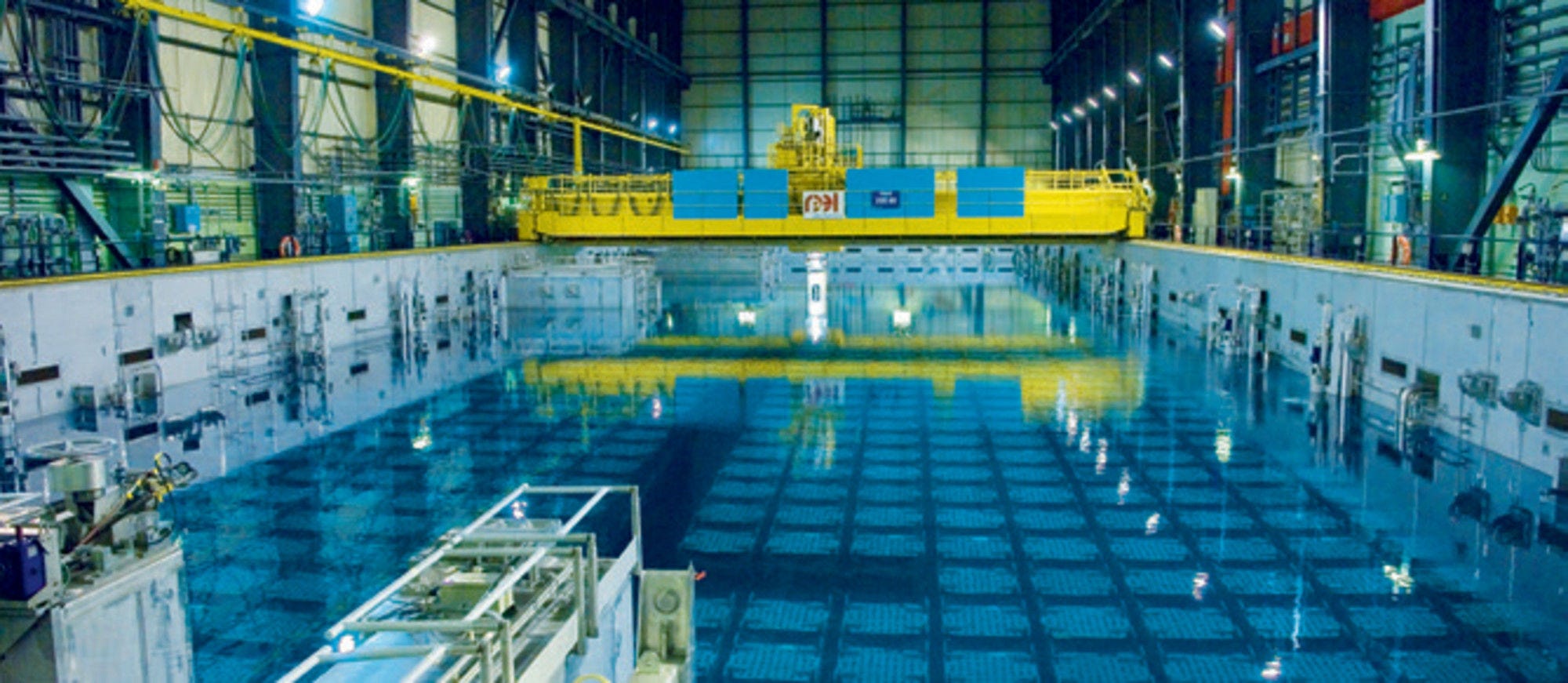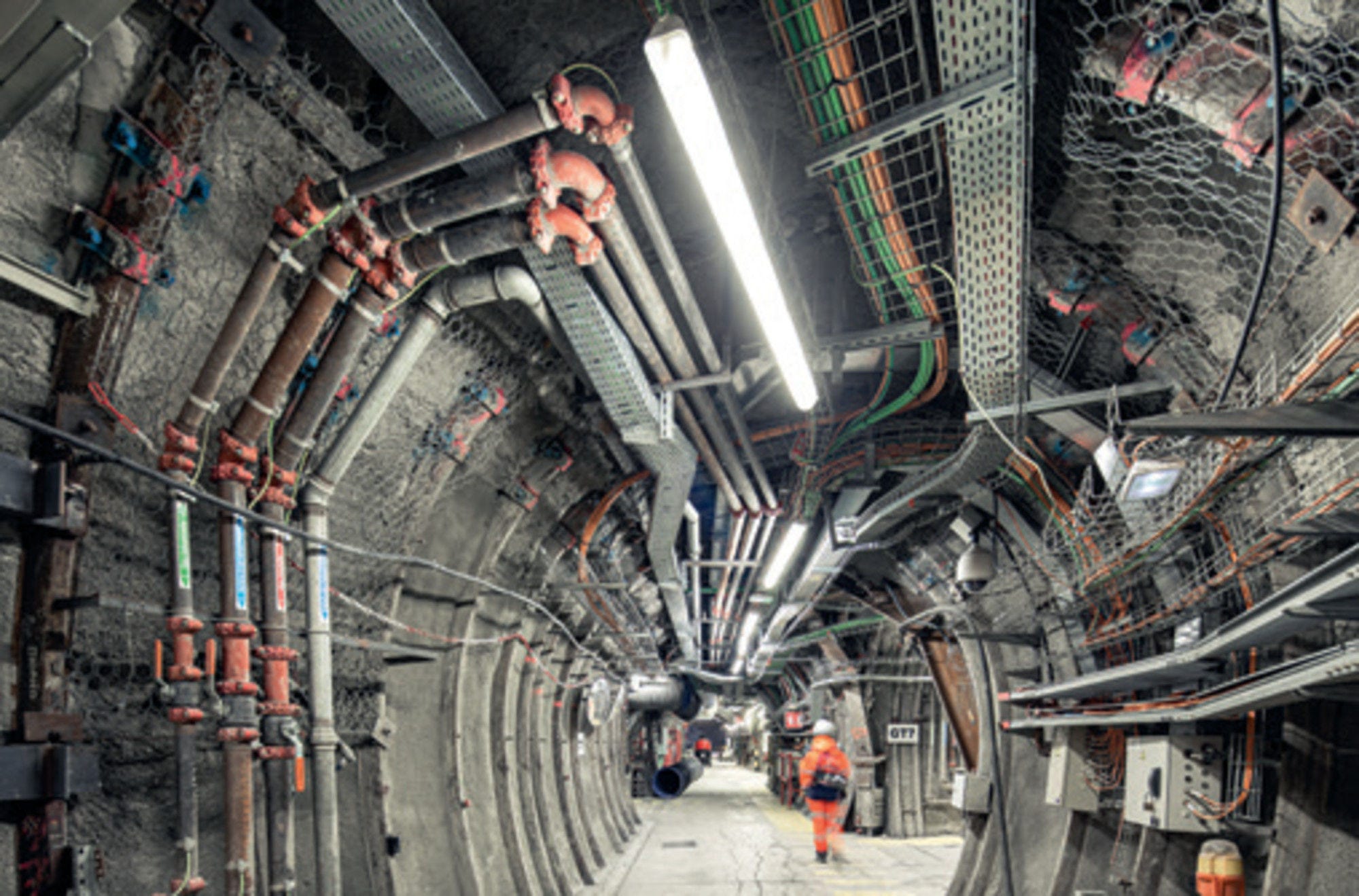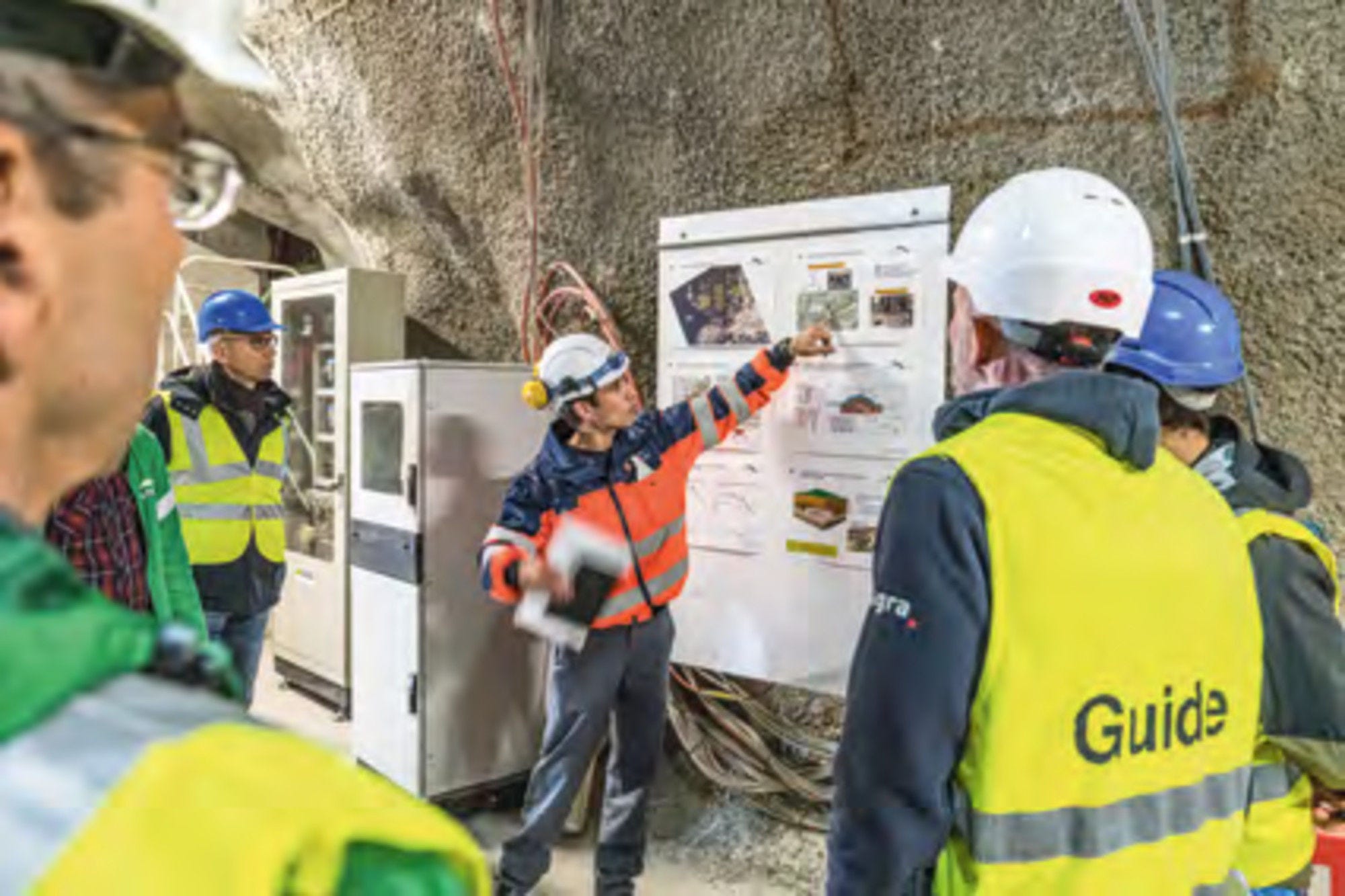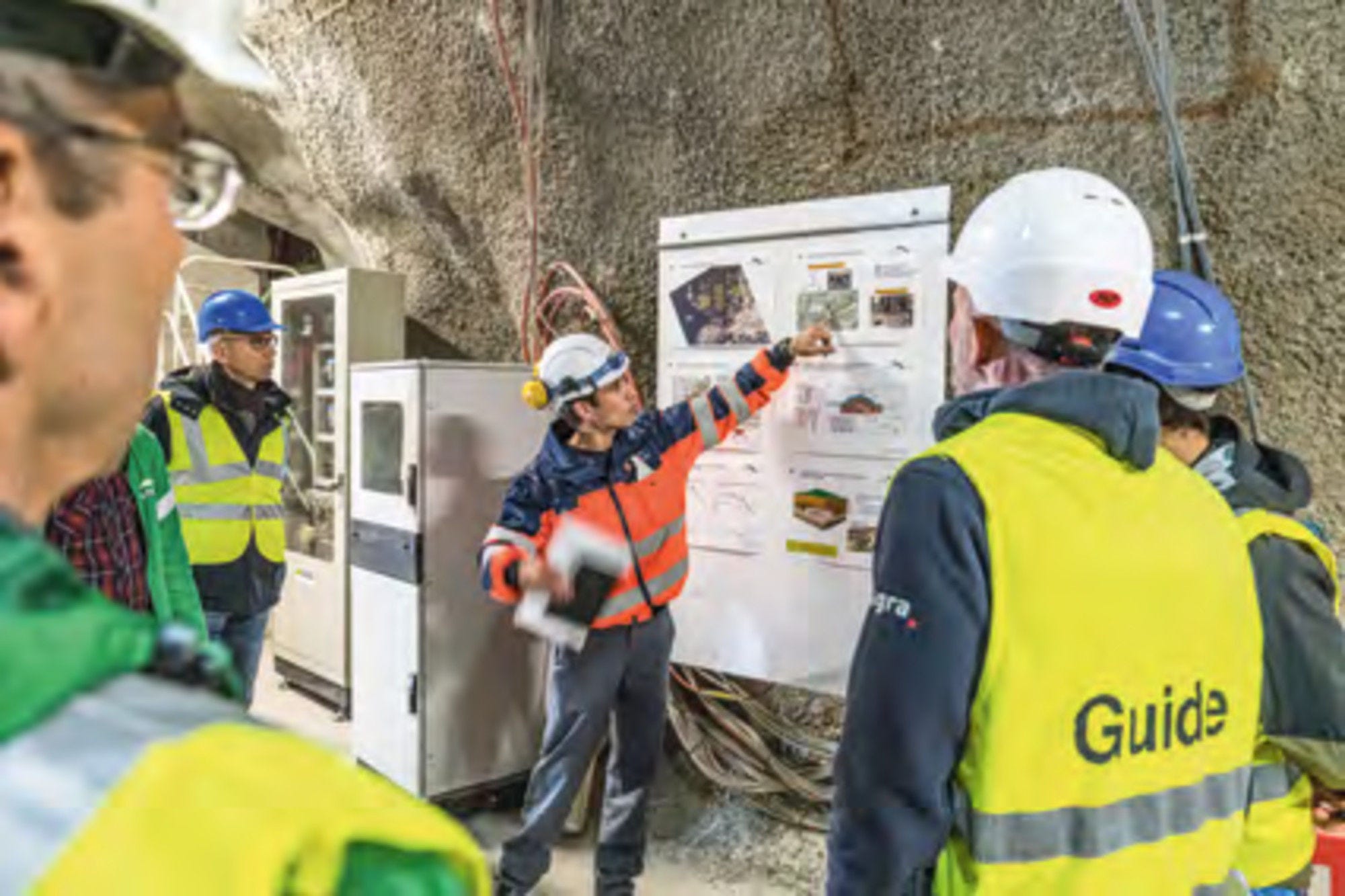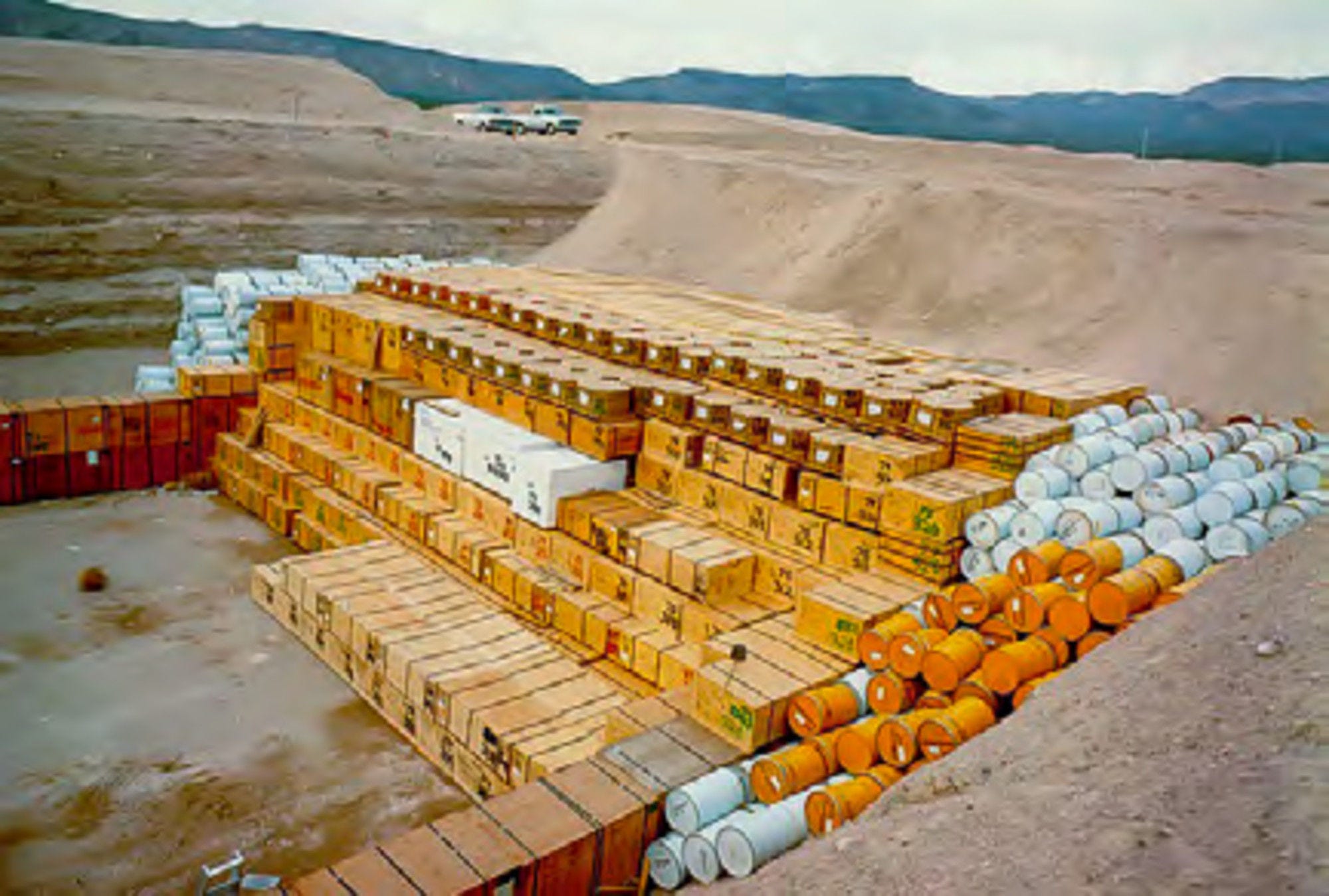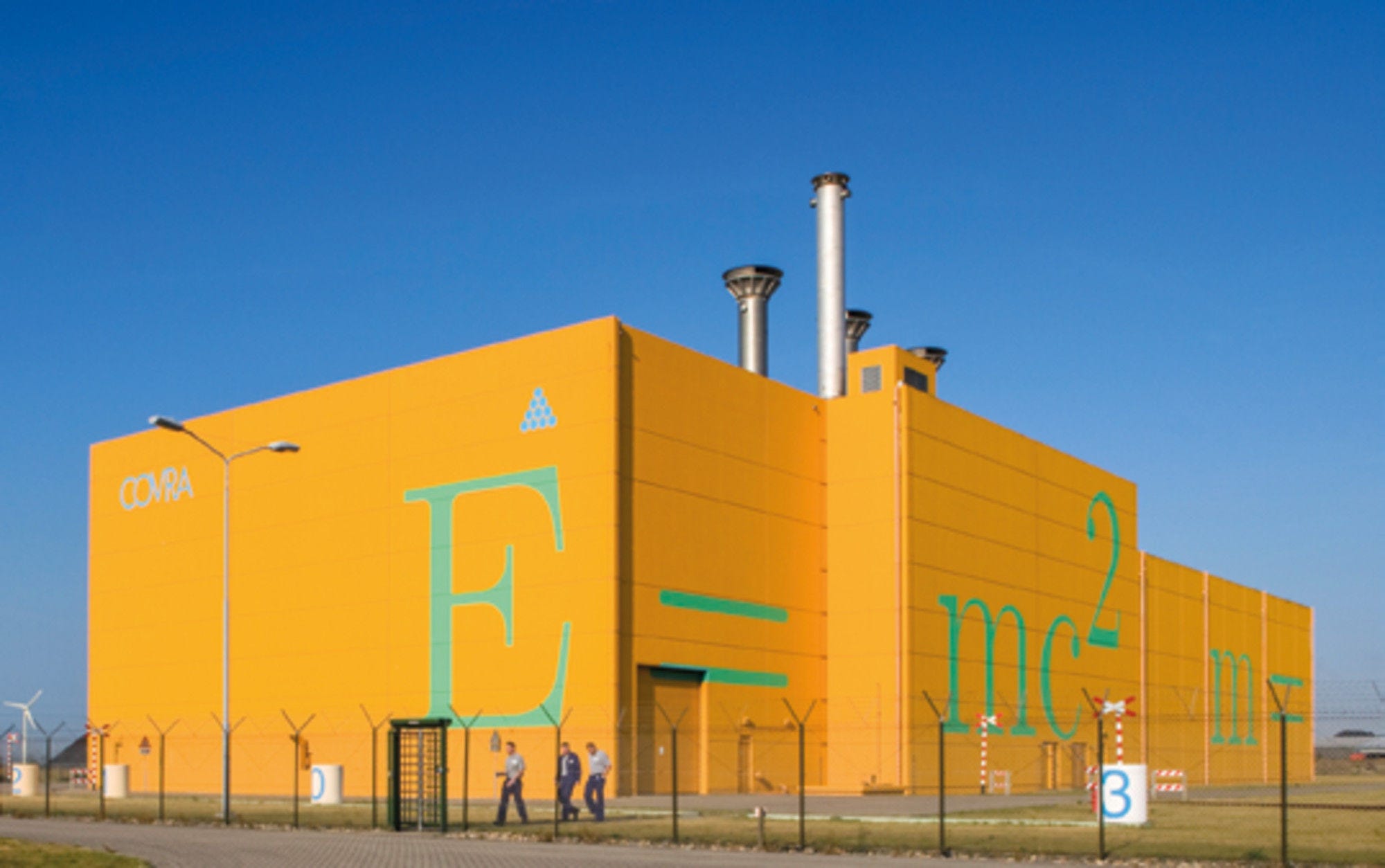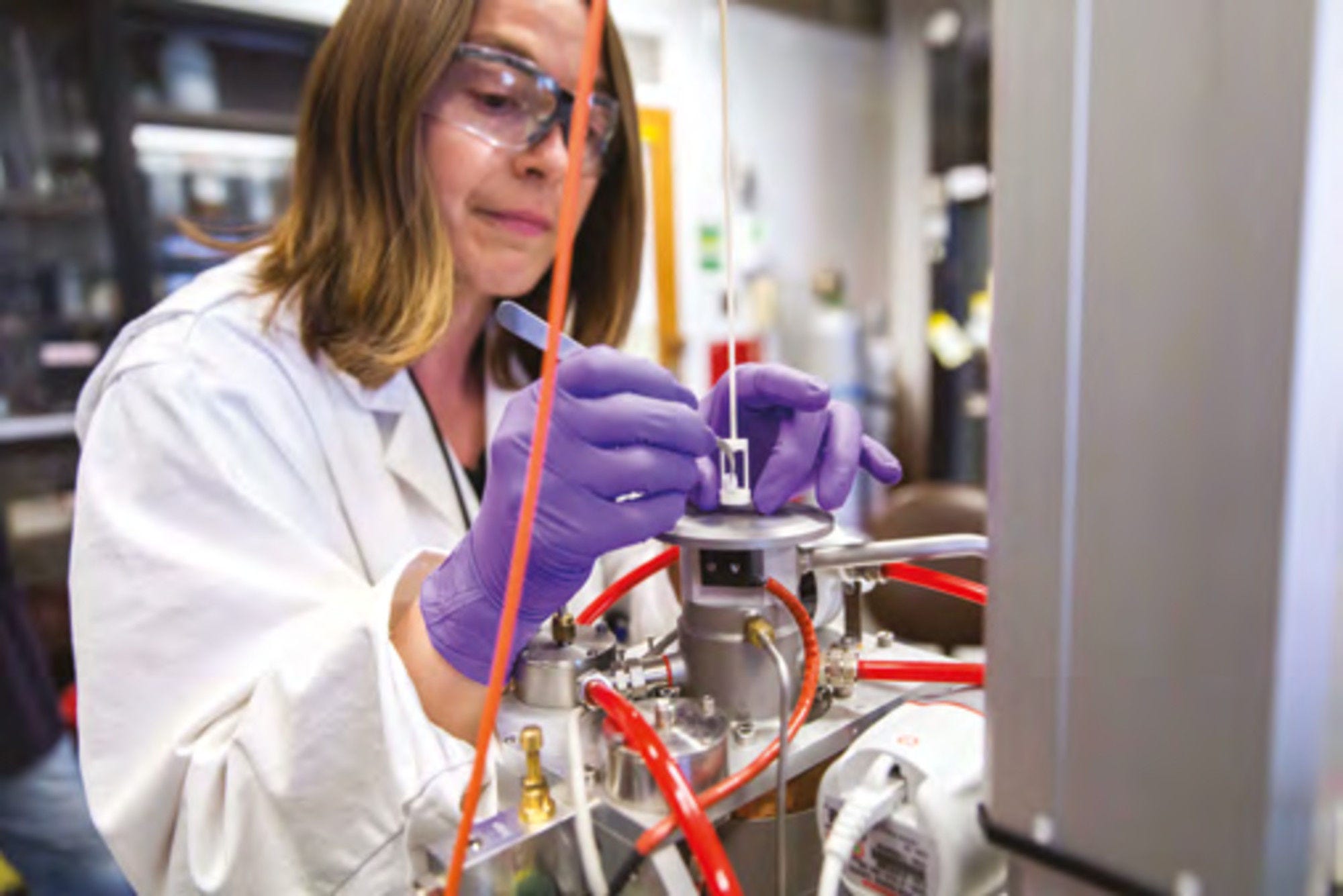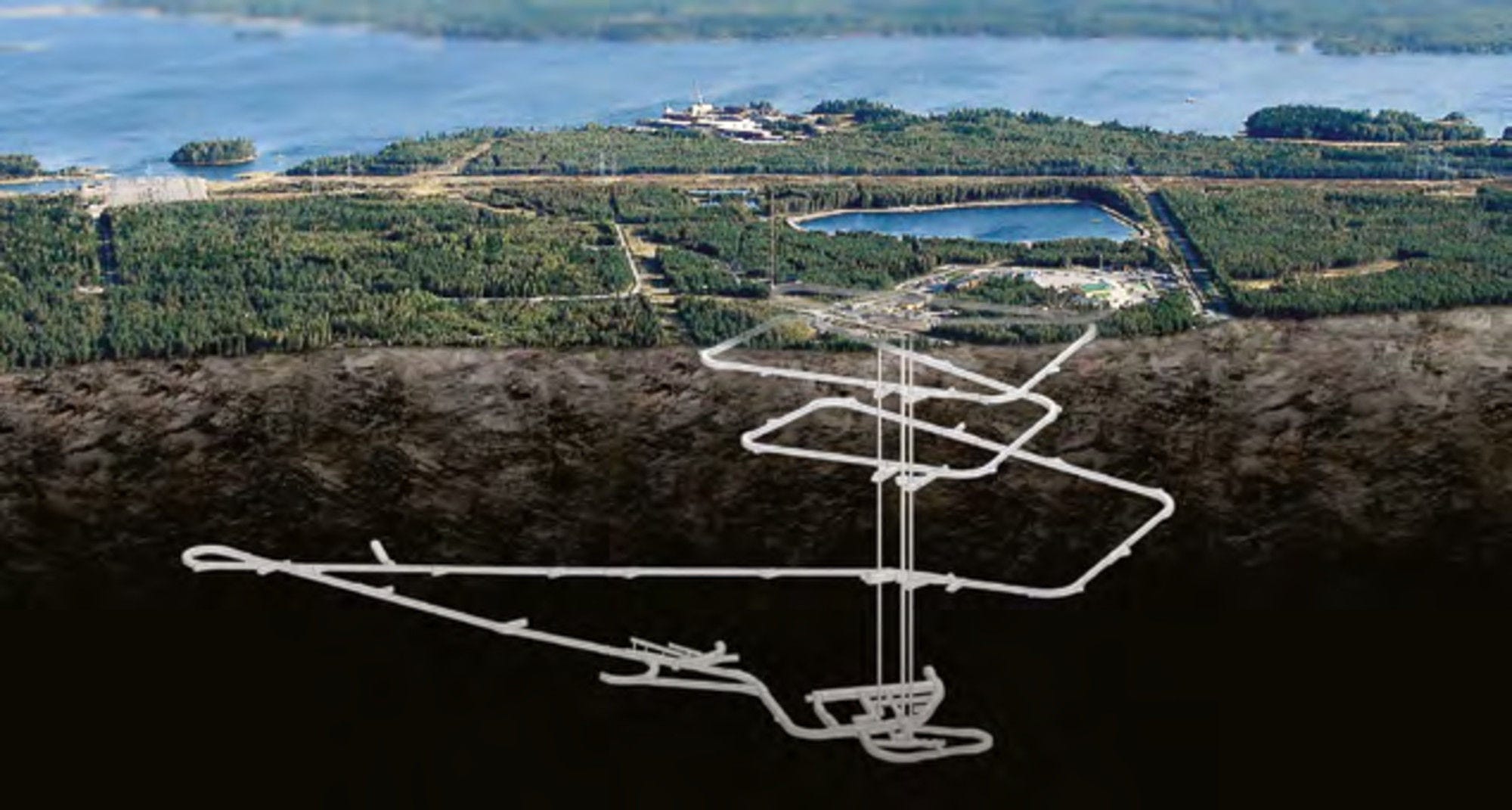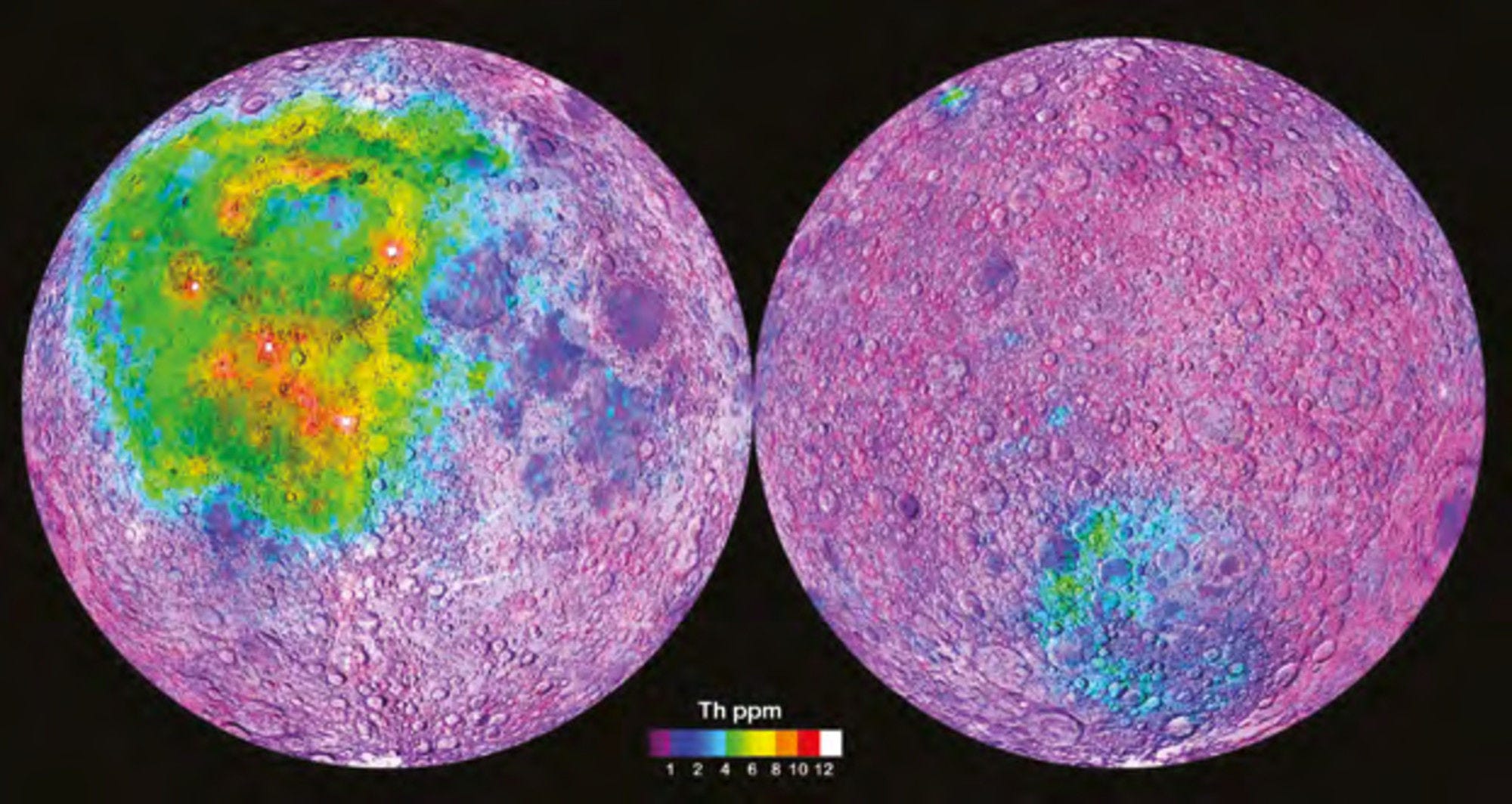Safety remains the most important factor in managing radioactive waste and spent fuel resulting from the generation of nuclear energy. General consensus has emerged worldwide that deep geological repositories are the safest option for long-lived radioactive waste, and that constructing repositories is feasible using current technologies. However, until repositories become available, radioactive waste must be managed safely and securely so that the risks posed to human health and to the environment over the long timescales involved are minimised.
This report examines the predisposal phase of radioactive waste management programmes in NEA member countries for all types of waste from high-level to intermediate- and low-level waste, and spent fuel. It reviews regulations, policies, strategies and financial issues in member countries, as well as best practices both in terms of storage and transport. The report is primarily directed at decision makers with a technical knowledge of the subject.
